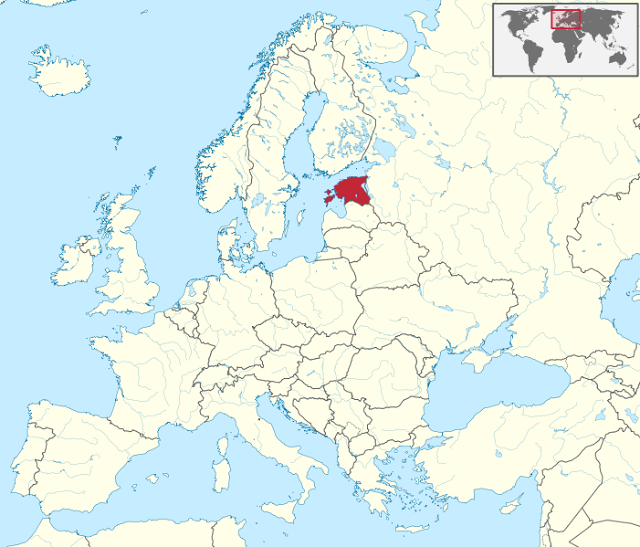With 1.3 million citizens, Estonia is one of the smallest countries in Europe, but its ambition is to become one of the largest countries in the world. Not one of the largest geographically or even by number of citizens, however. Largest in e-residents, a category of digital affiliation that it hopes will attract people, especially entrepreneurs.
Started two years ago, e-residency gives citizens of any nation the opportunity to set up Estonian bank accounts and businesses that use a verified digital signature and are operated remotely, online. The program is an outgrowth of a digitization of government services that the country launched 15 years ago in a bid to save money on the staffing of government offices. Today Estonians use their mandatory digital identity to do everything from track their medical care to pay their taxes.
Estonia is marketing e-residency as a path by which any business owner can set up and run a business in the European Union,
E-residency does NOT include a passport and citizenship. Nor do e-residents automatically owe taxes to the country, though digital companies that incorporate there and obtain a physical address can benefit from the country’s low tax rate. The chance to run a business out of Estonia has proven popular enough that almost 700 new businesses have been set up by the nearly 1,000 new e-resident.
Last September an Indian citizen flew to Tallinn, the capital of Estonia, and spent half a day setting up a bank account and a virtual office. In addition to the price of the trip, initial setup costs were around $3,300 (€3,000), and he has ongoing expenses of about $480 (€440) a year. The Indian system of setting up a new business is “tedious” by contrast, says Kumar—time-consuming, difficult, and expensive.
A Serbian high end car services company had been paying credit-card processing fees of 7 percent. By setting up in Estonia, they can settle credit-card transactions through PayPal subsidiary Braintree for 2.9 percent and there is no tax on corporate profits so long as they remain invested in the business. Since getting his e-residency and moving the company to Estonia, profits are up 20 percent, Tasic says. Annual revenue is around $2 million.
SOURCE- Technology Review

Brian Wang is a Futurist Thought Leader and a popular Science blogger with 1 million readers per month. His blog Nextbigfuture.com is ranked #1 Science News Blog. It covers many disruptive technology and trends including Space, Robotics, Artificial Intelligence, Medicine, Anti-aging Biotechnology, and Nanotechnology.
Known for identifying cutting edge technologies, he is currently a Co-Founder of a startup and fundraiser for high potential early-stage companies. He is the Head of Research for Allocations for deep technology investments and an Angel Investor at Space Angels.
A frequent speaker at corporations, he has been a TEDx speaker, a Singularity University speaker and guest at numerous interviews for radio and podcasts. He is open to public speaking and advising engagements.


